Should You Sleep Naked?
The Textile Science Behind Skin Health
TL;DR: Sleeping naked can benefit your skin's microbiome and barrier function, but only if your bedding is made from safe, natural materials. The real question isn't about clothes, it's about what touches your skin for 8 hours every night.

We spend about a third of our lives asleep. During those hours, your skin is either recovering, or being quietly compromised by what touches it. So the real question isn't just "Should you sleep naked?" It's "Is your bedding safe enough to sleep on, with or without clothes?"
Why Sleeping Naked Can Be Good for Your Skin
1. Temperature Regulation Supports Skin Health
Sleeping naked helps your skin breathe and stay cool. When your body temperature is balanced, you sweat less, which limits bacterial overgrowth and yeast infections. This is especially helpful for people with eczema, acne-prone skin, or inflammation.
2. Less Friction, Stronger Skin Barrier
Every night, you shift positions 10–30 times. Each movement causes friction between fabric and skin, especially if your pajamas are made from synthetic fibers like polyester or nylon. Sleeping without clothes reduces this irritation, giving your skin time to repair its barrier overnight.
3. A Healthier Skin Microbiome
Your skin microbiome, the invisible ecosystem of beneficial bacteria, plays a major role in skin health. Synthetic fabrics and chemically treated pajamas can disrupt this delicate balance. Sleeping naked can reduce exposure to these microbiome disruptors, but only if your bedding is clean and toxin-free.
The Problem Most People Miss
When you sleep naked, your bedding becomes your second skin. For 6–10 hours a night, it's in full contact with your body, so what's in your sheets matters.
Even "organic" sheets often contain residues from synthetic dyes, anti-mold treatments, or silicone softeners. Under body heat and moisture, these chemicals can transfer to your skin and absorb into your bloodstream. Remember, your skin is permeable. What touches it doesn't stay external.
And if you're not washing your sheets regularly, sweat, oils, and dead skin cells can build up, feeding dust mites and allergens. Without pajamas acting as a buffer, your skin is exposed directly to everything that's accumulated.
It's Not About Naked vs. Clothed — It's About What Touches Your Skin
The biggest factor in skin health at night isn't whether you sleep in pajamas or not, it's the materials that touch your skin.
🚫 Most Bedding and Sleepwear Contains Synthetic Chemicals
Conventional fabrics are treated with azo dyes, PFAS ("forever chemicals"), formaldehyde, flame retardants, and antibacterial finishes. These can leach into your skin, especially in the warmth and humidity of sleep, potentially disrupting hormones and irritating sensitive skin.
🌿 Plant-Dyed Textiles Are Different
Fabrics dyed with medicinal plants such as indigo, madder root, or sumac are naturally antimicrobial and anti-inflammatory. These plant-based dyes support skin health, help reduce irritation, and allow the skin microbiome to thrive, without the toxic chemical load of conventional textiles.
So, Should You Sleep Naked?
Yes, if:
- ✅ Your bedding is made from organic, untreated, and plant-dyed fabrics
- 🌡️ You tend to overheat or sweat at night
- 🌿 You have sensitive skin or are prone to irritation
Wear clean, natural pajamas if:
- ⚠️ Your bedding contains synthetic fibers or chemical finishes
- 🦠 You have dust mite allergies
- 🧼 You don't wash sheets weekly or share your bed with pets
The Bottom Line
We've become careful about what we put on our skin during the day, from skincare to clothing. But we often overlook what we're sleeping in, even though we spend a third of our lives in bed.
Sleeping naked can truly benefit your skin's microbiome and barrier function, but only if your bedding is safe, natural, and free from harmful chemicals.
Your skin heals while you sleep. Make sure your bedding helps it, not harms it.

Ready to upgrade your sleep environment? Discover bedding that's safe enough to sleep naked in, or not.

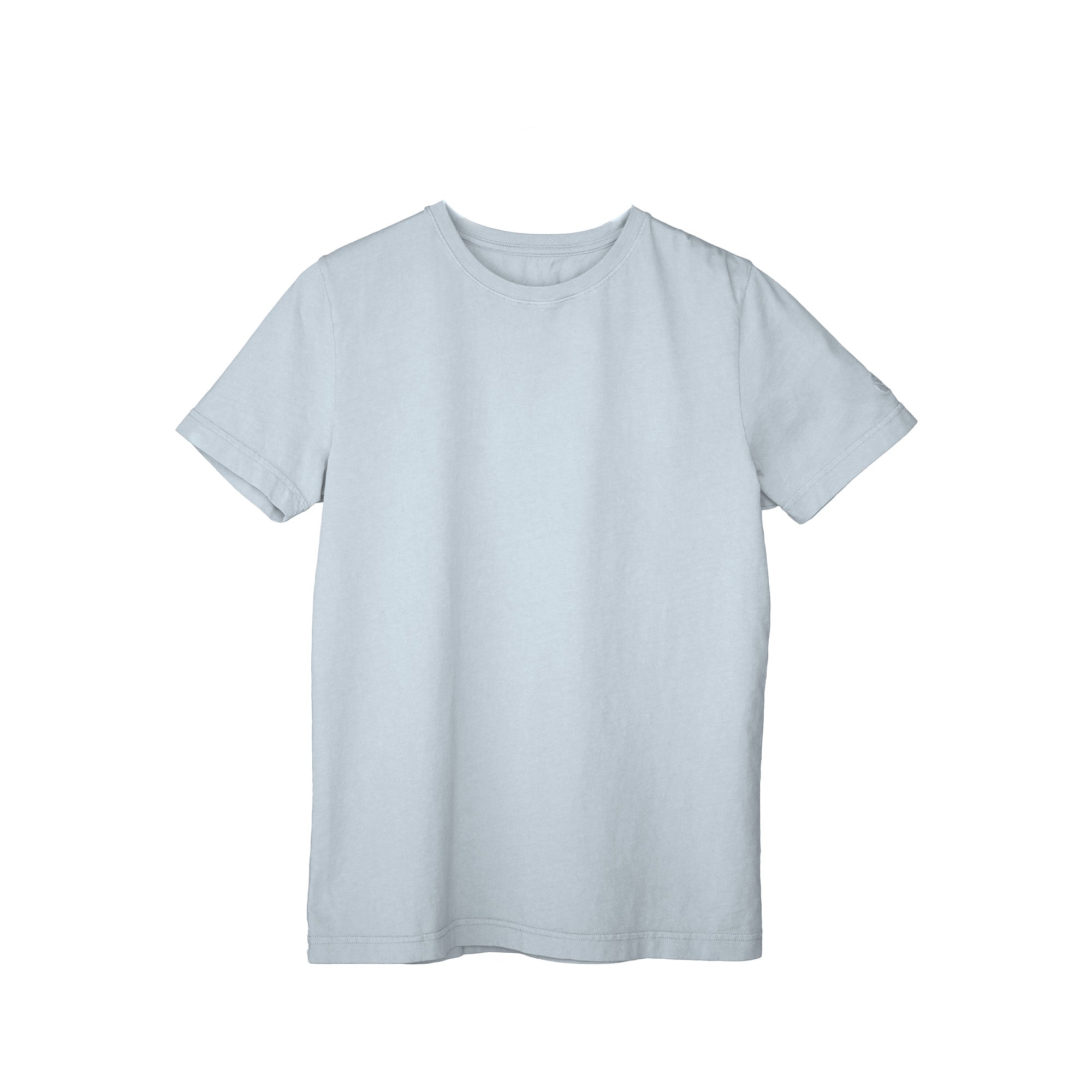

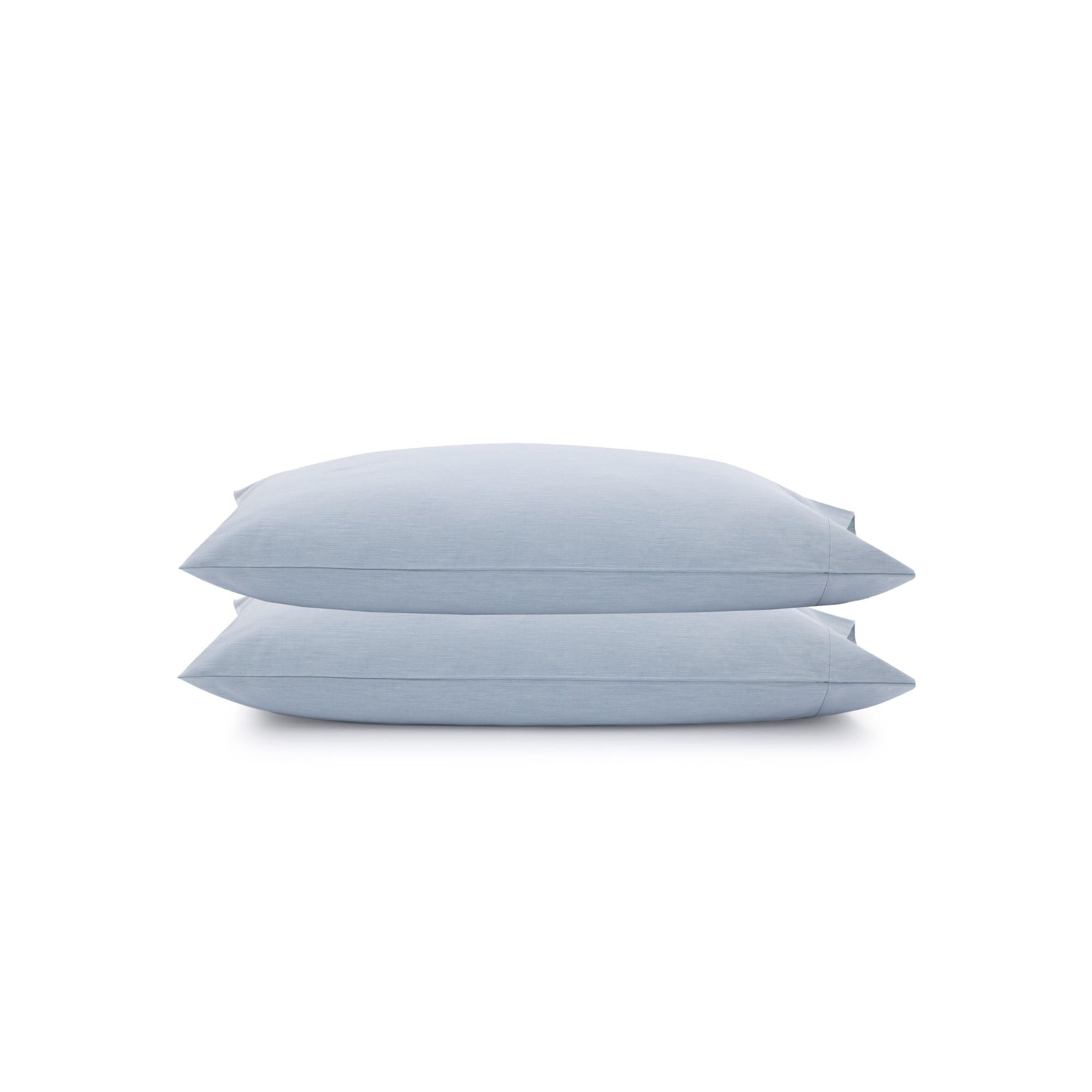
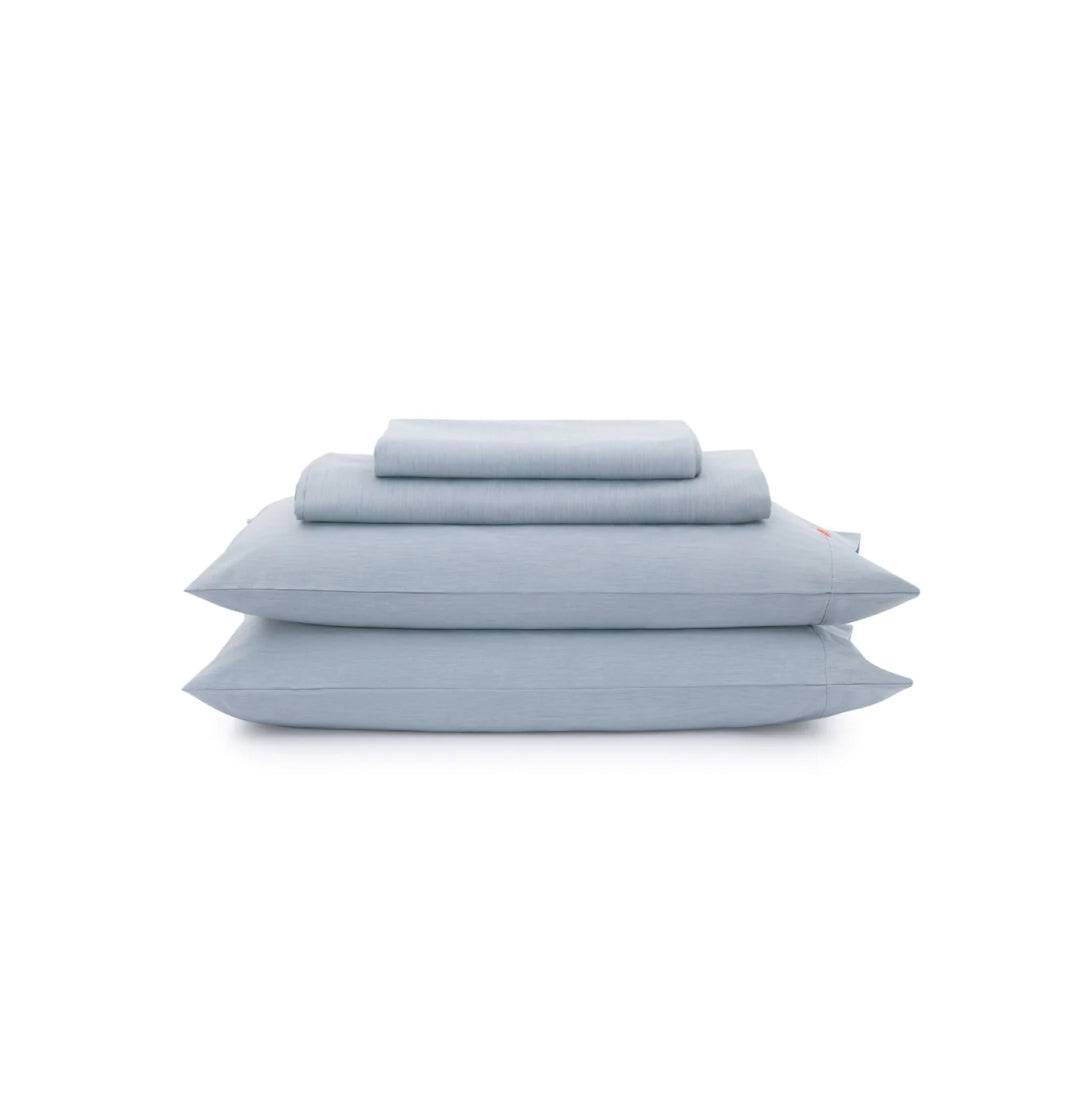
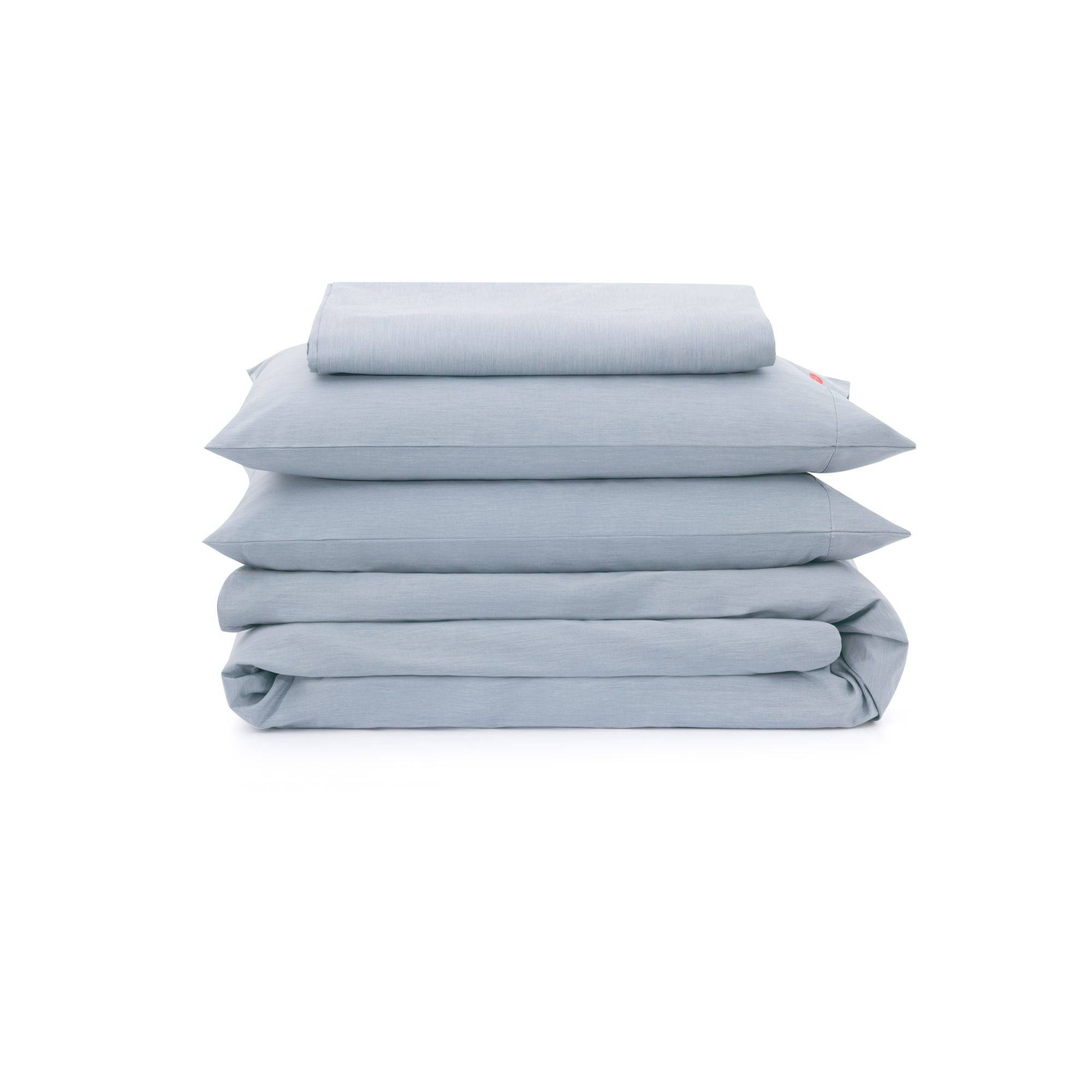
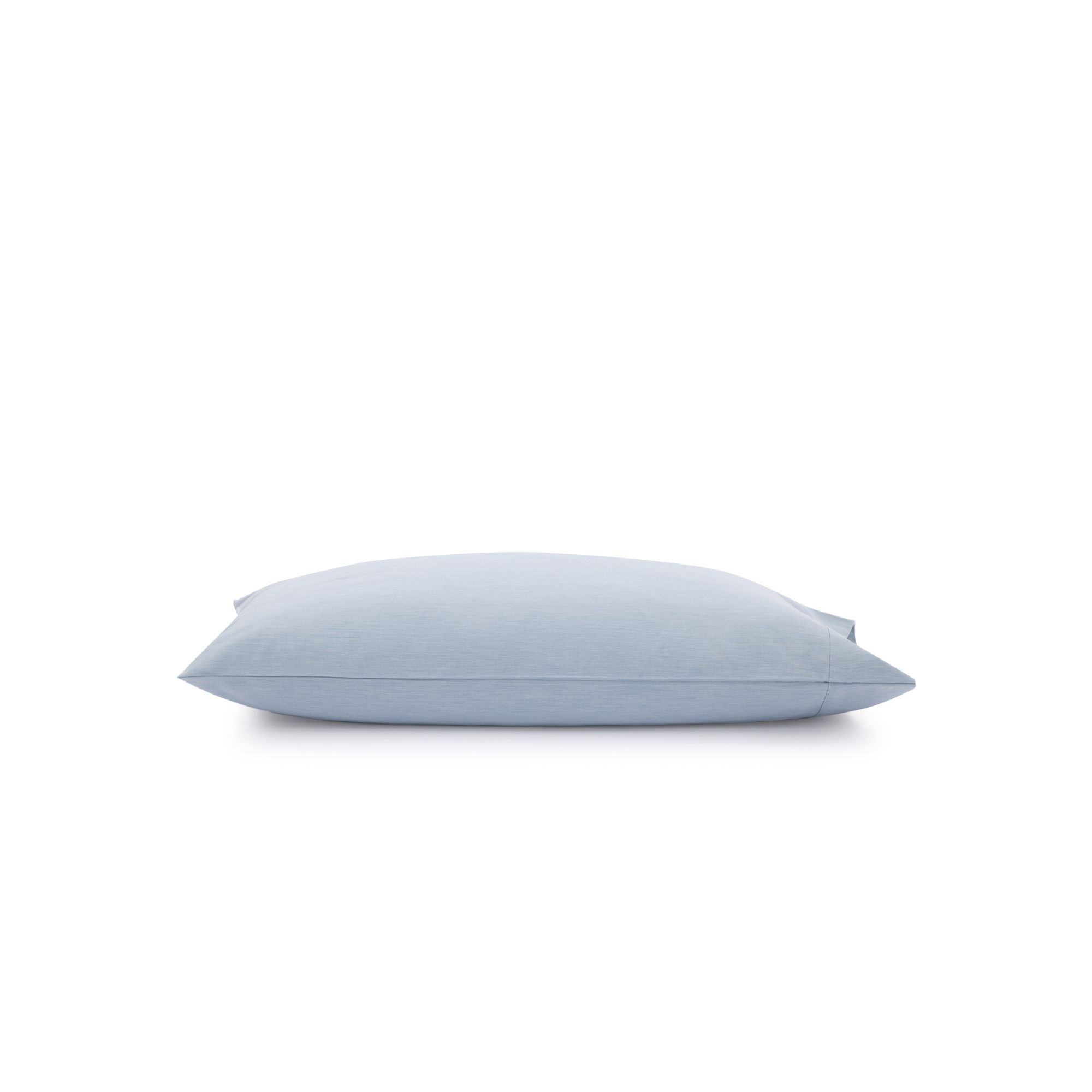
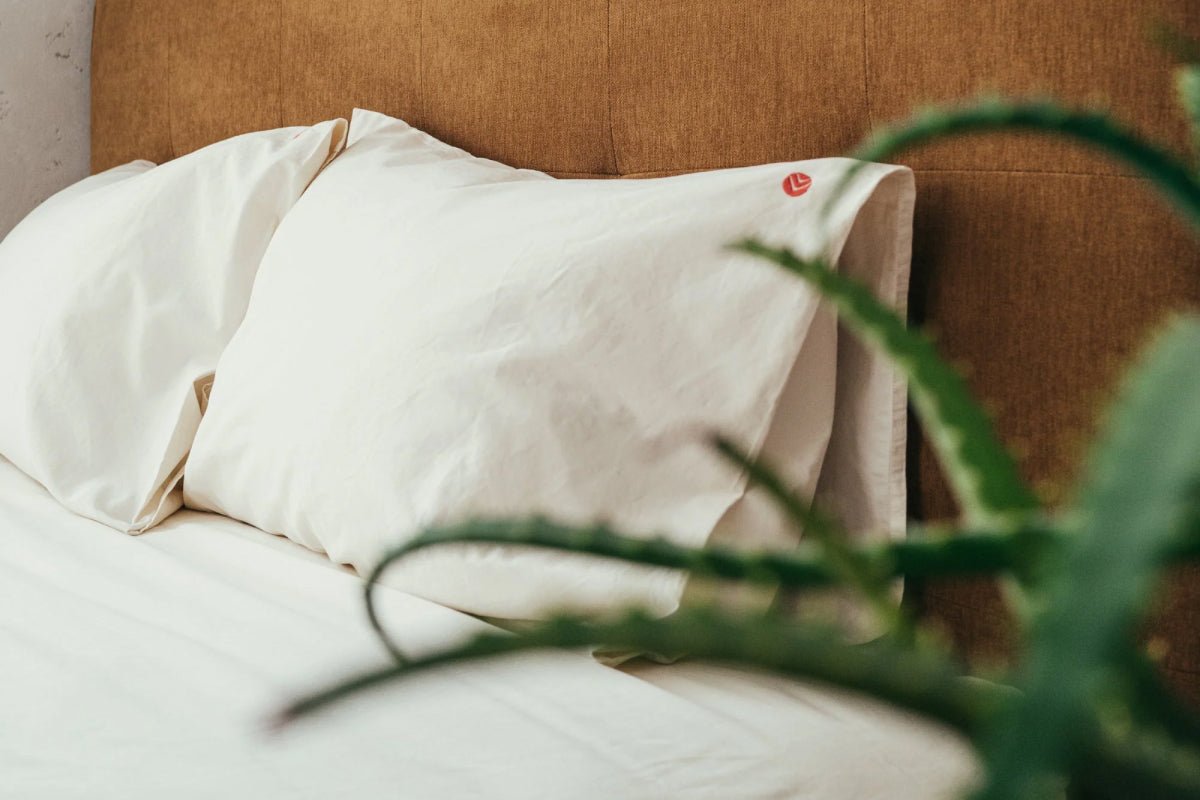 Bedding
Bedding
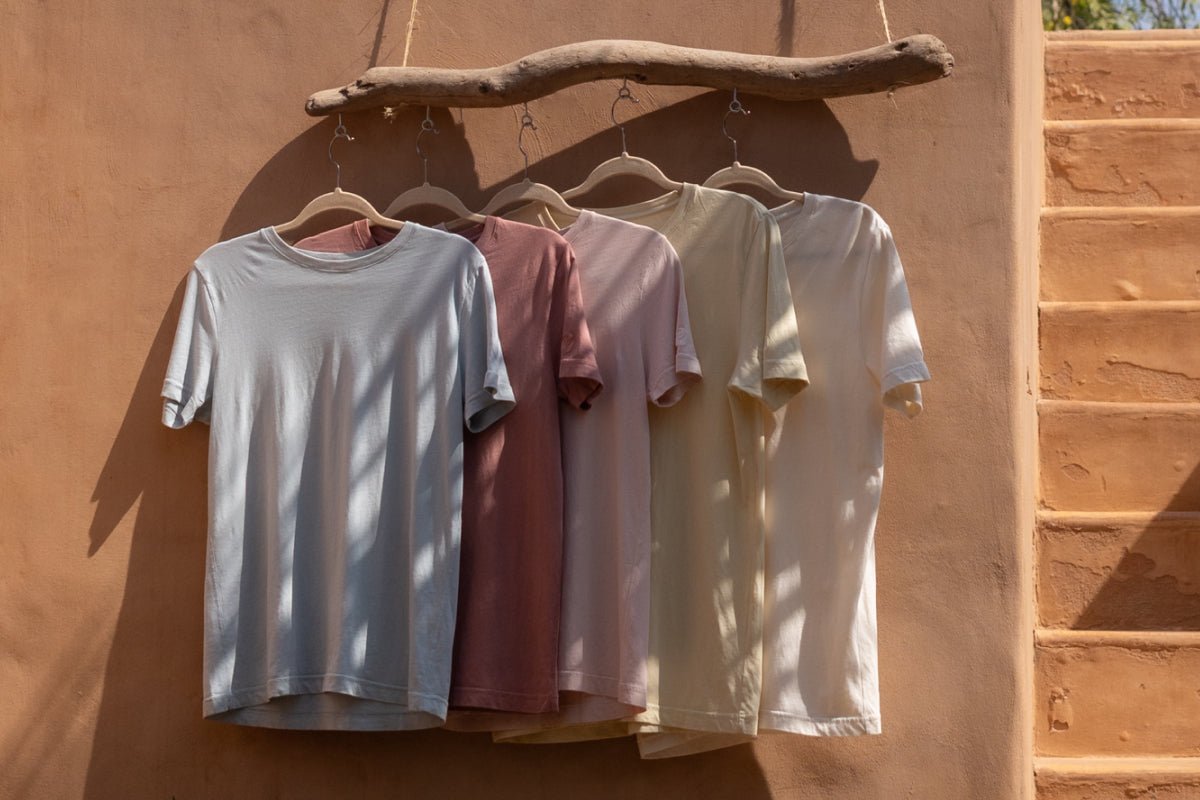 Clothing & Accessories
Clothing & Accessories
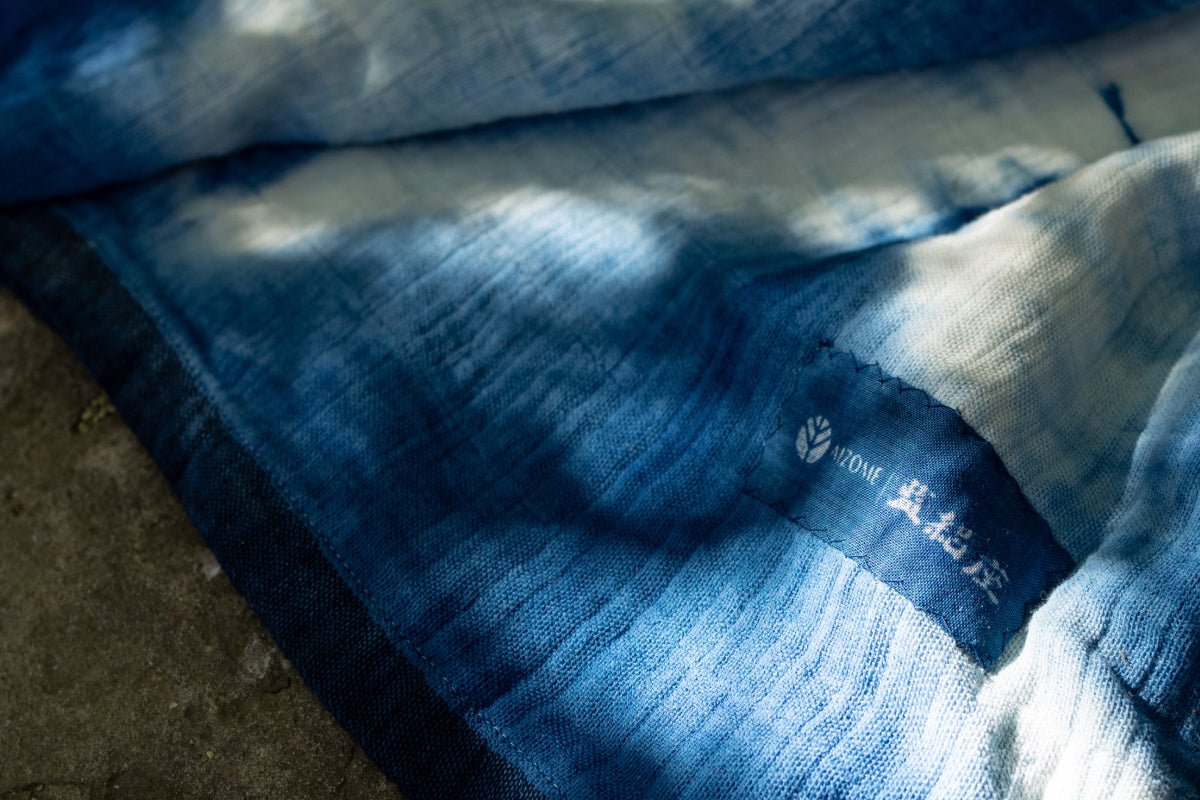 Artisan Line
Artisan Line
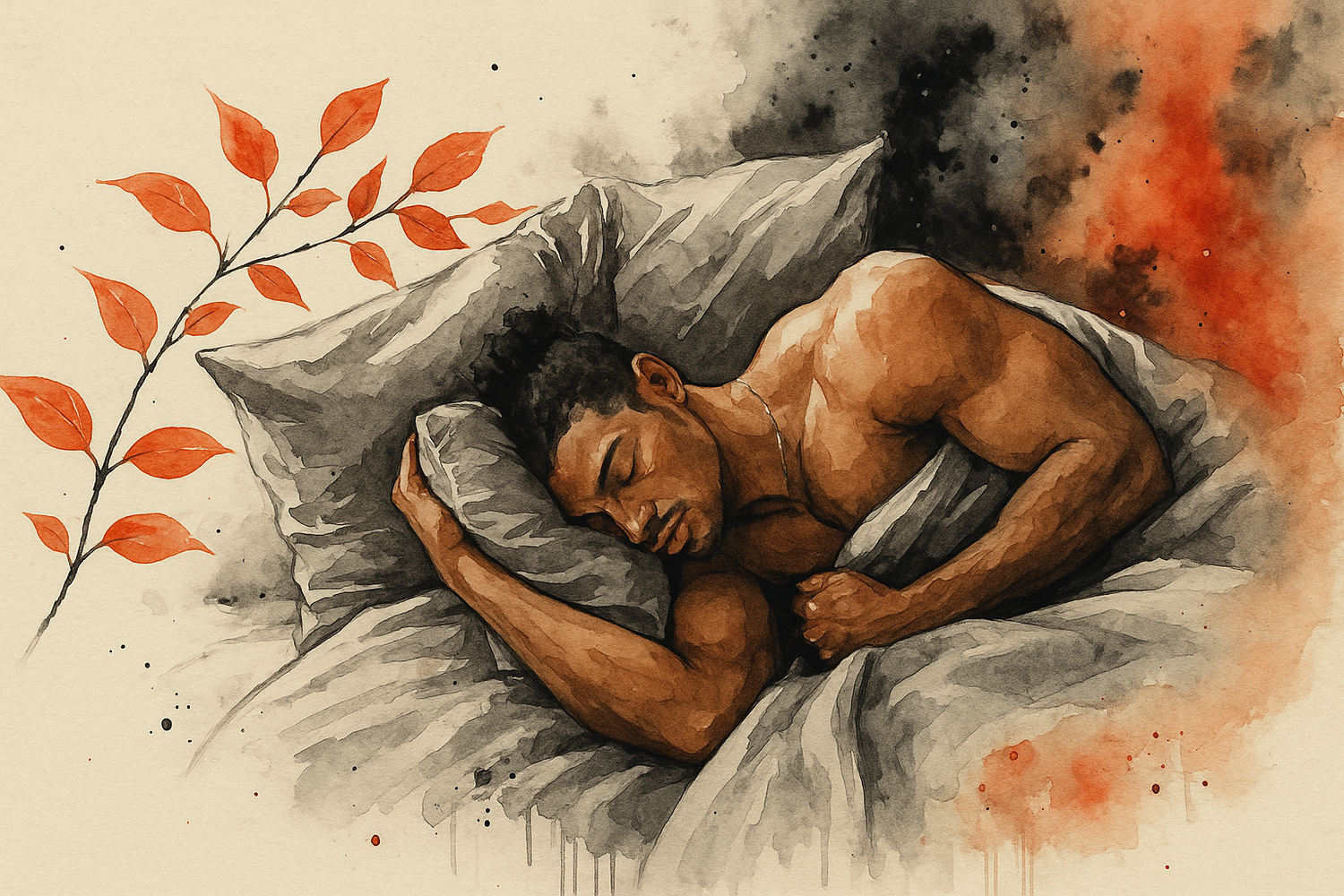
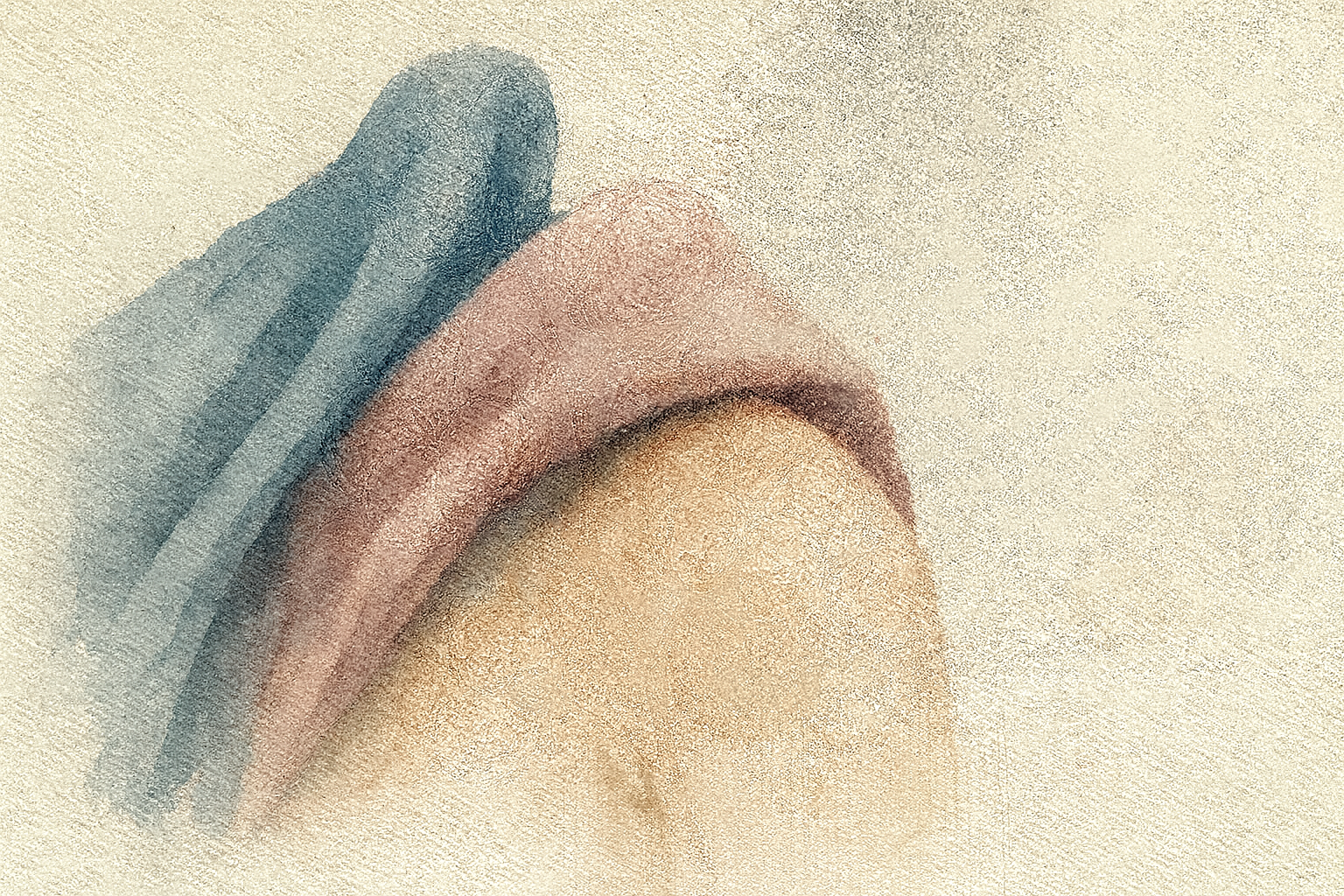

Leave a comment
All comments are moderated before being published.
This site is protected by hCaptcha and the hCaptcha Privacy Policy and Terms of Service apply.